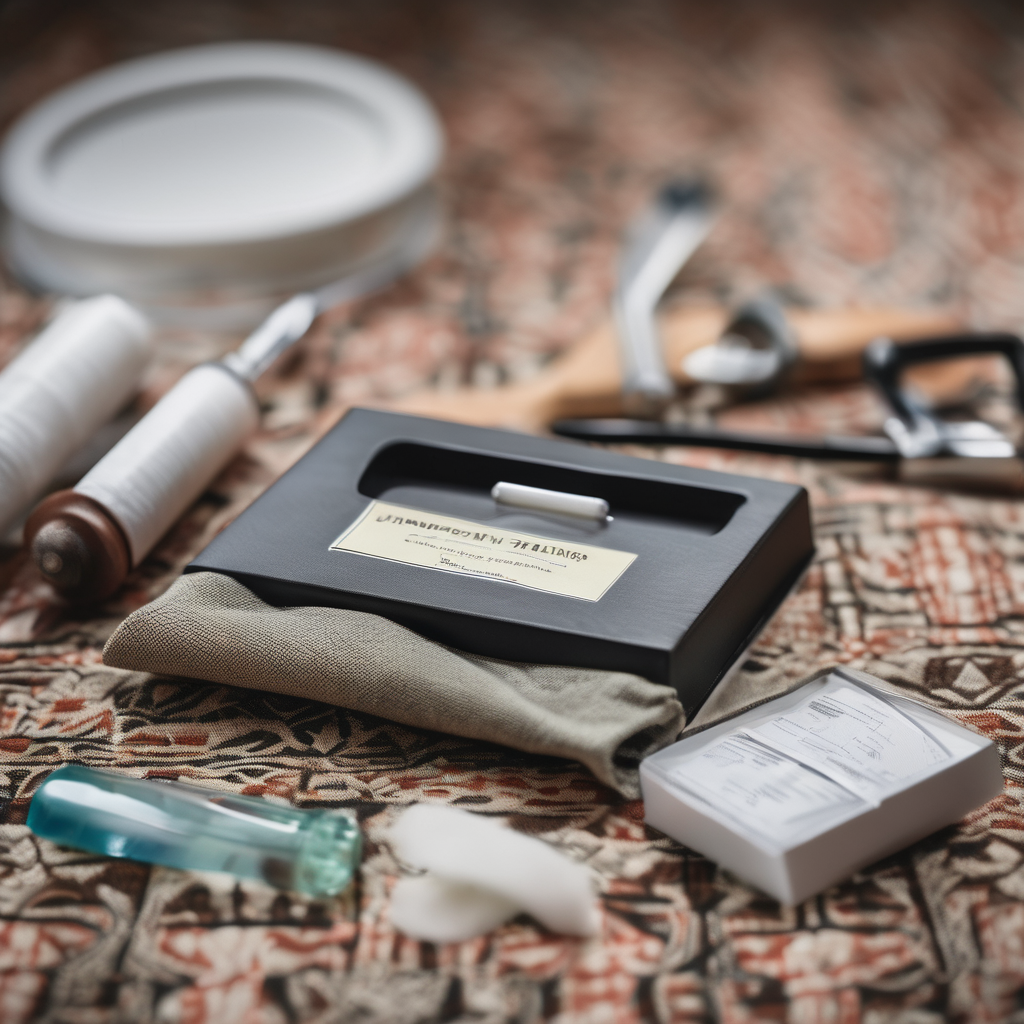Discussions are ongoing regarding the introduction of HIV testing for individuals entering and leaving Fiji’s correctional facilities. The Fiji Corrections Service (FCS) is focused on ensuring compliance with the HIV Act 2011, which mandates the need for voluntary, informed consent before administering an HIV test. This move is motivated by recent statistics revealing that 6.1 percent of HIV cases were identified within correctional facilities last year.
Currently, there is no requirement for mandatory HIV or drug testing for inmates or officers. However, the FCS is actively considering the introduction of testing protocols upon inmate admission and discharge, which is a subject of ongoing dialogue with stakeholders. The discussions stress the importance of establishing appropriate policies, training, compliance, and the necessary resources to support these potential services.
A recent correctional oversight involved misinformation from the former Commissioner of Corrections, Dr. Jalesi Nakarawa, who incorrectly claimed that 60 percent of inmates were living with HIV. This has been clarified by the FCS, which confirmed the actual statistics and highlighted the voluntary nature of annual HIV screenings for officers.
The initiative to enhance HIV testing stems from a broader context of increased HIV cases in Fiji’s remand centers, attributed partly to needle sharing among drug users. Such practices, often referred to as “bluetoothing,” highlight the need for careful handling of confidentiality and sensitivity surrounding HIV discussions and testing.
The FCS is committed to advancing health management within its facilities. By implementing comprehensive HIV testing and strengthening rehabilitation programs, they hope to address substance abuse issues and promote healthier environments. These measures are viewed as instrumental in reducing recidivism rates and improving the chances of successful societal reintegration for former inmates. Despite past challenges with misinformation and the sensitive nature of HIV testing, there is optimism that these concerted efforts will foster positive change in both correctional settings and public health outcomes in Fiji.
